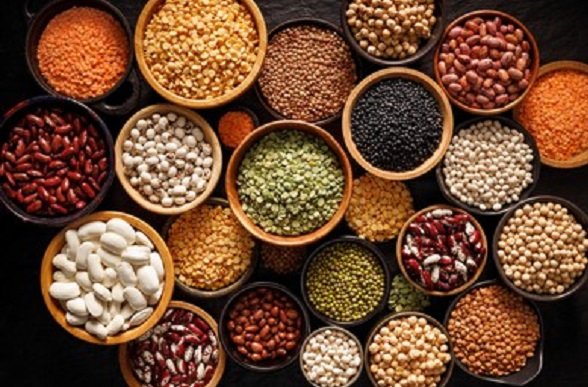Inside BENEO’s new pulse plant: pioneering sustainable protein from faba beans
The centre has requested States/ UTs to monitor the prices of all 22 essential Commodities, especially pulses, oilseeds, vegetables, and milk
Department of Consumer Affairs recently reviewed the action taken by States/UTs for disclosure of stock of pulses by stockholders like millers, importers, traders etc.
A meeting through Video Conferencing was held with the Principal Secretaries of the Department of Food, Civil Supplies and Consumer Affairs of the States/UTs wherein Leena Nandan, Secretary, Department of Consumer Affairs, Ministry of Consumer Affairs, Food and Public Distribution reviewed the availability and price situation of Pulses across India.
During the meeting, it was reiterated that Essential Commodities Act (EC Act), 1955 is aimed at ensuring adequate availability of the scheduled essential commodities at fair prices to the common people. Participants in that meeting observed that sudden spurt in prices of pulses may be due to hoarding of pulses by the Stock Holders.
Department of Consumer Affairs vide letter dated May 14, 2021, requested States/UTs to use the power under section 3(2)(h) and 3(2)(i) of the EC Act, 1955 and to direct all the Stockholders like Millers, traders, importers etc. to declare the stocks of pulses and that the same may be verified by the State/ UTs Governments.
The pulse-producing States/UTs were also requested to facilitate procurement as sustained procurement would incentivize farmers to cultivate pulses on a long-term basis.
States/ UTs were requested to monitor the prices of all 22 essential Commodities, especially pulses, oilseeds, vegetables, and milk and to look for early signs of any unusual price rise so that timely interventions can be made to ensure that these food items are provided at affordable prices to consumers. This liberalized regime would enable seamless and timely import of pulses.

